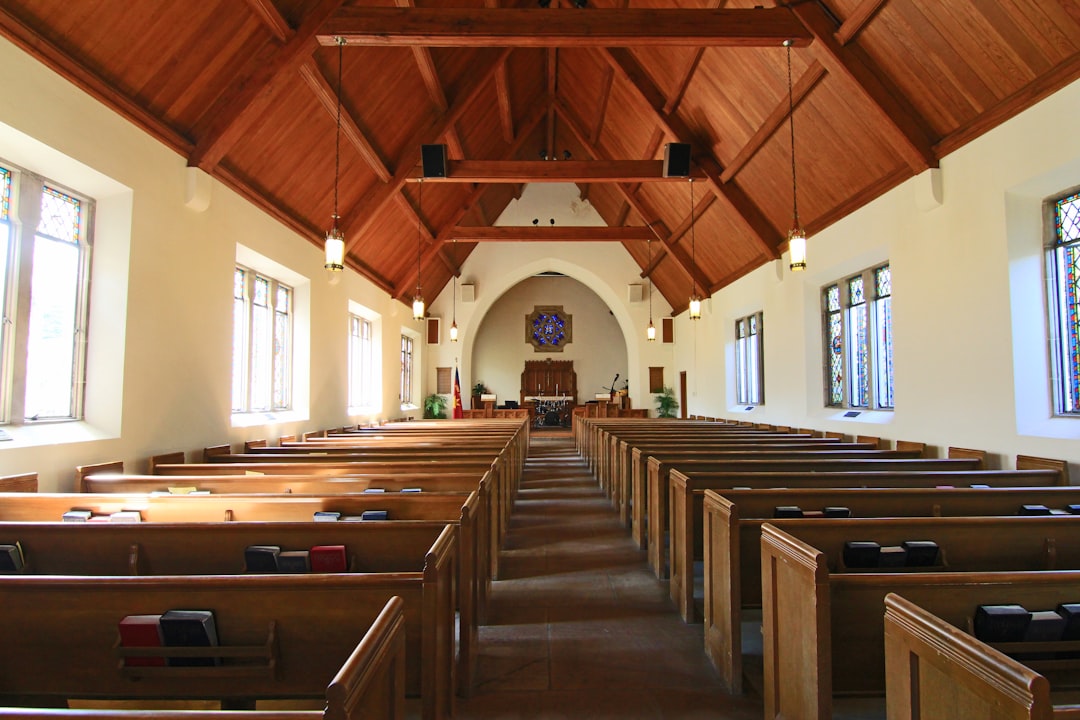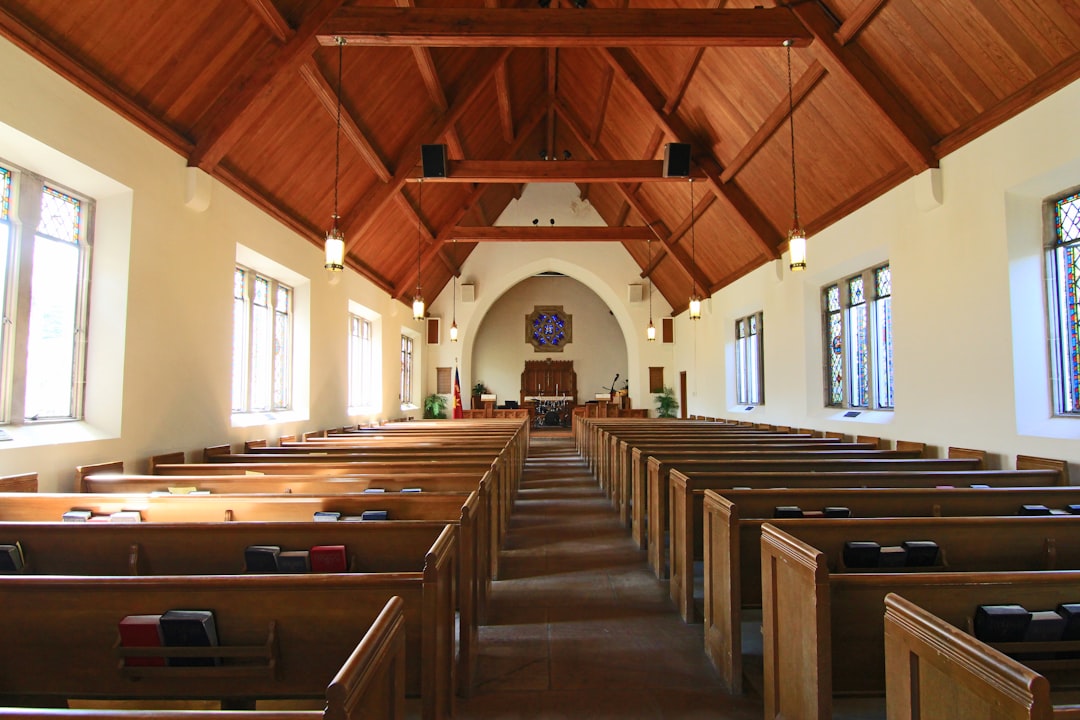Clergy abuse, a prevalent issue in close-knit communities, inflicts profound harm that can last a lifetime. In Florida, victims facing sexual misconduct within religious institutions have crucial resources available, including specialized clergy abuse attorneys. These professionals guide survivors through legal complexities, offering trauma-informed care and support to seek justice and accountability. By documenting experiences, pursuing legal action, and ensuring perpetrators are held responsible, these attorneys provide a sense of healing and empowerment. Florida laws protect victims' rights, enabling them to access compensation and hold religious institutions accountable. A clergy abuse attorney in Florida is essential for navigating this traumatic journey, offering guidance, empathy, and the pursuit of justice for survivors.
In Florida, the issue of clerical abuse demands careful attention, especially considering the profound psychological impact it can have on survivors. This article delves into the complex landscape of clergy abuse, offering insights for both victims and those seeking justice. We explore recognizing patterns and red flags, understanding the unique trauma survivors face, and outlining legal rights and resources available in Florida.
Key topics include navigating the legal process with a specialized clergy abuse attorney and accessing healing and recovery support. For survivors, this guide is a vital step towards justice and restoration.
Understanding Clergy Abuse: Recognizing Patterns and Red Flags

Clergy abuse, often occurring within close-knit communities, can leave deep and lasting scars. Recognizing patterns and red flags is crucial for victims to seek justice and healing. Many cases involve manipulation, pressure to keep silence, or the use of religious authority to exert control over individuals, especially children and vulnerable adults.
If you’re in Florida and have experienced clergy abuse, understanding these signs can be empowering. A Florida clergy abuse attorney specializing in trauma-informed practices can help navigate complex legal processes while providing compassionate support. They can assist in uncovering patterns, documenting experiences, and pursuing appropriate legal action to ensure accountability and offer a sense of justice.
The Impact of Trauma: Psychological Effects on Survivors

The impact of trauma, particularly in cases of clergy abuse, can have profound psychological effects on survivors. When individuals who have been under the care and authority of religious leaders are subjected to abuse, it can disrupt their sense of safety, trust, and self-worth. Many survivors struggle with feelings of shame, guilt, and isolation, often keeping their experiences hidden for fear of judgment or disbelief. This secrecy can exacerbate the trauma, leading to long-lasting mental health issues such as anxiety, depression, and post-traumatic stress disorder (PTSD).
A clergy abuse attorney in Florida can play a crucial role in helping survivors navigate these psychological challenges. Through legal action, they enable victims to speak out, seeking justice and accountability for their experiences. This process can be immensely therapeutic, allowing individuals to regain a sense of control and empowerment. Supporting survivors through trauma-informed approaches ensures that they receive the comprehensive care needed to heal and rebuild their lives.
Legal Rights and Resources for Victims in Florida

In Florida, victims of clergy abuse have specific legal rights and resources available to them. If you or someone you know has experienced sexual harassment, assault, or any form of abuse by a religious leader, it’s crucial to understand your options. A specialized clergy abuse attorney Florida can guide you through the legal process, ensuring your rights are protected. They can help with filing lawsuits, seeking compensation for damages, and holding the responsible parties accountable.
Florida laws offer protections for victims of sexual misconduct, including those within religious institutions. These laws allow individuals to take legal action against clergy members, religious organizations, or institutions that fail to address or prevent such abuse. A clergy abuse attorney Florida can assist in navigating these legal avenues, providing the support and expertise needed to seek justice and closure.
Navigating the Legal Process: What to Expect from a Clerk Abuse Attorney

Navigating the legal process after experiencing clergy abuse can be incredibly daunting, but a dedicated Florida clergy abuse attorney can provide much-needed guidance and support. These attorneys are trained in understanding the unique complexities of such cases, ensuring clients receive fair treatment and justice. They will help you understand your rights and the steps involved in filing a lawsuit, which may include gathering evidence, interviewing witnesses, and constructing a compelling legal argument.
A Florida clergy abuse attorney will fight tirelessly to hold accountable those who have caused harm within religious institutions. They approach each case with empathy, recognizing the trauma their clients have endured, and work diligently to secure compensation for the physical, emotional, and psychological injuries suffered. Their expertise lies in interpreting laws pertaining to clergy misconduct, ensuring that victims’ stories are heard and that justice is served.
Healing and Recovery: Supportive Services for Traumatized Individuals

Healing and recovery are paramount for individuals who have endured trauma, especially those affected by clergy abuse in Florida. Seeking professional support is a vital step towards mending emotional wounds and rebuilding lives. A clergy abuse attorney in Florida can play a crucial role in this process by providing not only legal representation but also guidance on accessing available resources.
Supportive services tailored for traumatized individuals include therapy, counseling, and support groups. These initiatives offer safe spaces for sharing experiences, processing emotions, and developing coping strategies. With the help of trained professionals, survivors can begin to understand their trauma, challenge harmful narratives, and develop resilience. Additionally, community-based organizations often provide resources like financial aid, legal assistance, and housing support, ensuring that individuals receive holistic care tailored to their unique needs.





